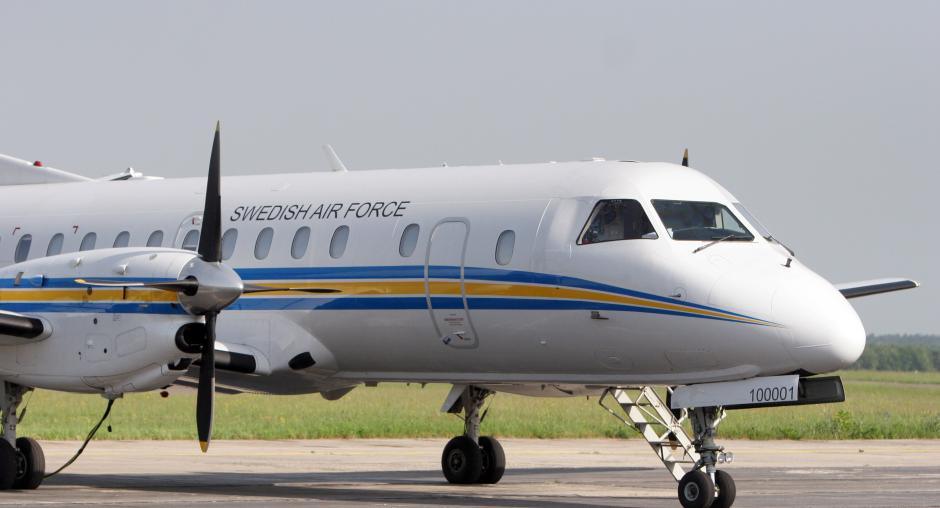Open Skies Consultative Commission

The Open Skies Treaty entered into force in January 2002, and covers territory from Vancouver to Vladivostock. The Treaty establishes a regime of unarmed aerial observation flights over the entire territory of its 34 signatories. It is designed to enhance mutual understanding and confidence by giving all participants, regardless of size, the possibility to obtain information on military or other activities of concern to them. Open Skies is the most wide-ranging international effort to date to promote openness and transparency of military forces and their activities.
The OSCC convenes in monthly plenary meetings. It also has several informal working groups of experts which take up technical issues such as those related to sensors, notification formats, aircraft certification and rules and procedures. The OSCC's main functions are to:
- consider questions relating to compliance with the Treaty;
- seek to resolve ambiguities and differences of interpretation emerging during Treaty implementation;
- consider and decide on applications for accession to the Treaty, and
- review the distribution of flight quotas annually.
The OSCC was established by Article X and Annex L of the Treaty, and has been in session since the Treaty was signed in March 1992. The OSCC takes decisions by consensus, and has adopted over 90 Decisions since its inception. OSCC Decisions enter into force with the Treaty and have the same duration as the Treaty.
500th Open Skies flight
A Benelux flight over Bosnia and Herzegovina on 20 August 2008, with observers from Canada, Norway and the Czech Republic on board, marked the 500th flight conducted under the Treaty.
